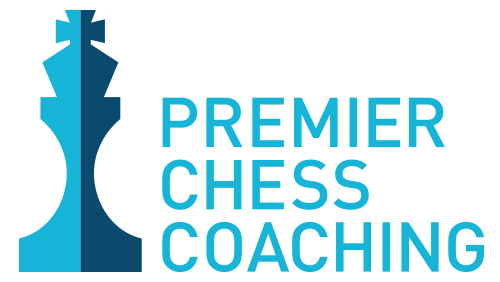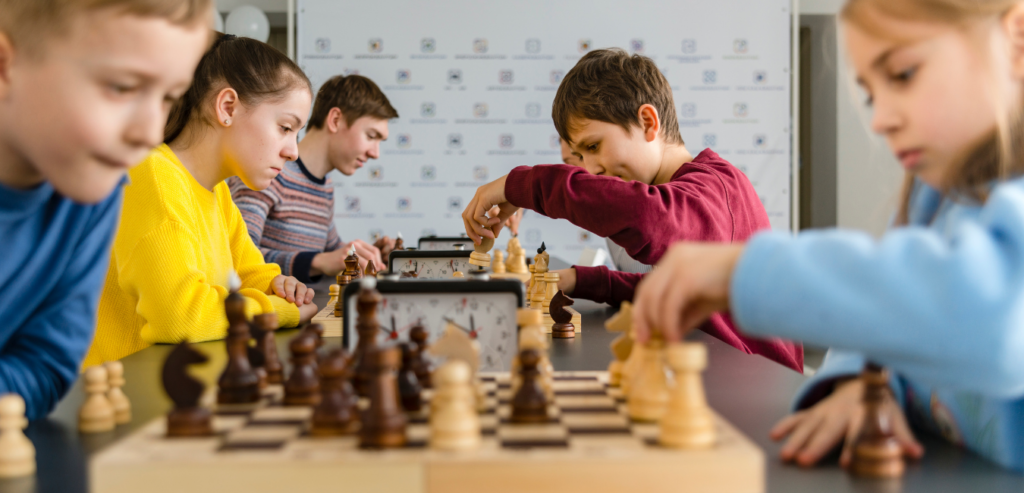As the new school year begins, parents are eager to find activities that not only engage their children but also contribute to their academic success. One activity that stands out is joining a school chess club. Chess is more than just a game; it’s a powerful educational tool that can help students excel academically while having fun. Here’s how participating in a school chess club can give your child a significant academic boost this year.
1. Enhancing Focus and Discipline
In today’s fast-paced world, developing focus and discipline is essential for academic success. Chess requires players to concentrate for extended periods, carefully considering each move and anticipating their opponent’s strategy. This level of focus and discipline is directly transferable to the classroom, where students need to stay engaged and manage their time effectively. By joining a school chess club, students regularly practice these skills in a supportive and structured environment, which helps them succeed in their studies.
2. Improving Problem-Solving Skills
At the core of every chess game lies a series of complex problems that require strategic thinking and creative solutions. Chess teaches students to approach challenges methodically, evaluating various possibilities before making a decision. These problem-solving skills are invaluable in academic subjects like mathematics and science, where students must analyze information and apply logical reasoning to find solutions. By participating in a school chess club, students strengthen their ability to think critically and solve problems efficiently, giving them an academic edge.
3. Building Confidence and Resilience
Confidence and resilience are crucial traits for academic achievement, and chess can help cultivate both. As students learn and improve at chess, they gain confidence in their abilities, which can positively impact their approach to schoolwork. Chess also teaches the importance of resilience—learning from mistakes and bouncing back after a loss. This mindset is essential for academic growth, where challenges and setbacks are part of the learning process. A school chess club provides a safe space for students to build confidence and develop resilience through regular practice and friendly competition.
4. Supporting Overall Academic Achievement
The connection between chess and academic achievement is well-established. Research has shown that students who play chess regularly often perform better in subjects like mathematics, reading, and problem-solving. Chess encourages students to think critically, recognize patterns, and make decisions based on evidence—all skills that are vital for academic success. A school chess club offers a unique opportunity for students to enhance these skills in a social and enjoyable setting, supporting their overall academic growth.
5. Encouraging Social Interaction and Inclusivity
Joining a school chess club also promotes social interaction and inclusivity. Chess is a game that transcends language and cultural barriers, making it an inclusive activity that brings together students from diverse backgrounds. In a chess club, students can make new friends, learn from each other, and enjoy the camaraderie of shared interests. This social aspect not only enriches their school experience but also fosters a sense of community and belonging.
Conclusion
Joining a school chess club is more than just a fun extracurricular activity—it’s an investment in your child’s academic future. From enhancing focus and discipline to improving problem-solving skills and building confidence, chess offers a wide range of benefits that can significantly boost academic performance. As the school year begins, consider how chess can help your child achieve their full potential. Encourage them to join their school’s chess club and watch them thrive both on and off the chessboard.


